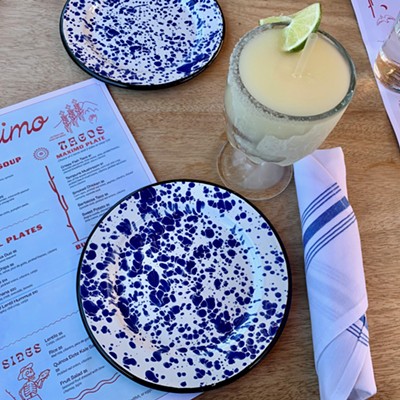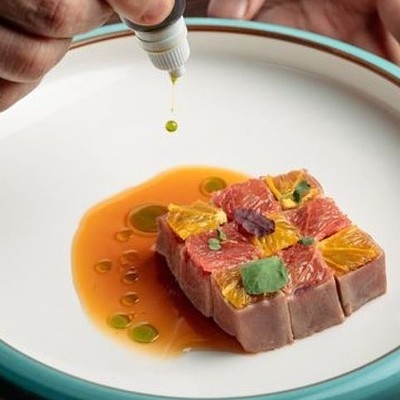What does the designation "old vine" mean, anyway?
And how did it come to be a "brand name" for California wines in the 2000s?
Vine age is a key element in the quality and nature of a wine that a given vine will produce. While a vine produces more fruit in its youth, it will produce fewer but richer berries as it ages. There are many other factors that come into play with the "vigor" of a plant and the fruit it produces (microclimate, soil type, pruning strategies, etc.). But conventional wisdom in winemaking holds that older vines, with lower yields, will deliver higher quality wine.
In Europe, the "old vine" designation can be a badge of honor and prestige. In Champagne, for example, wrote Eric Asimov a few years ago in The New York Times, "Bollinger grows Pinot Noir vines that have never been grafted onto American roots," in other words, vines that were never affected by the phylloxera plague of the 19th century. "From those grapes, barely more than an acre's worth, Bollinger produces one of the rarest and by most accounts greatest of all Champagnes, Vieilles Vignes Françaises [Old French Vines]."
From Champagne to Sicily, vines reaching 40, 50, 60, and even 80 years of age are prized for the structure, power, and nuance they can achieve, even though "the vigour and yield of many commercial vineyards begin to decline after 20 years," according to the Oxford Companion to Wine and "by 50 years many vineyards are yielding at such a low level as to be normally considered uneconomic" (see entry for "vine age").
In California, where the fine wine industry began to take shape in the 1970s and where the vigor of younger vines has been prized historically by winemakers, it's not easy to find "old vines." But Zinfandel is the exception to that rule: Because the grape variety (originally from Croatia and widely planted along the coasts of the Adriatic basin) was embraced by early Italian immigrants who settled there, you can still find plantings that span multiple generations of winemakers.
In the case of the Bogle Zinfandel (above), the grower claims that the vines range from 45 to 80 years in age. And although I find it hard to believe that vines that old can produce a wine that retails for around $11 in the Houston market (you can find it at Spec's), I liked the wine a lot. At less than 15 percent alcohol (restrained for California Zinfandel), the wine was light enough in body and bright enough in acidity that it paired splendidly with a pork loin that Tracie P slow-cooked in milk last night for dinner, accompanied by mashed potatoes and wilted kale. It reminded me of some of the old-school Zinfandel I've tasted with the man who made Zinfandel a household name, national treasure Darrell Corti in Sacramento (a standout was a 1972 Louis Martini). The wine was juicy and fresh and the oaky notes were well integrated into the wine, with with a flourish of oak spice in the finish (not offensive to my palate).
In my view, the fact that a low-tier wine like this one is labeled "old vine" is paradoxical: In Europe and the New World, the designation "old vine" is more properly applied to wines that represent a more profound expression of the appellation.
But what's in a name when the wine tastes good and the price is right?
Follow Eating Our Words on Facebook and on Twitter @EatingOurWords






